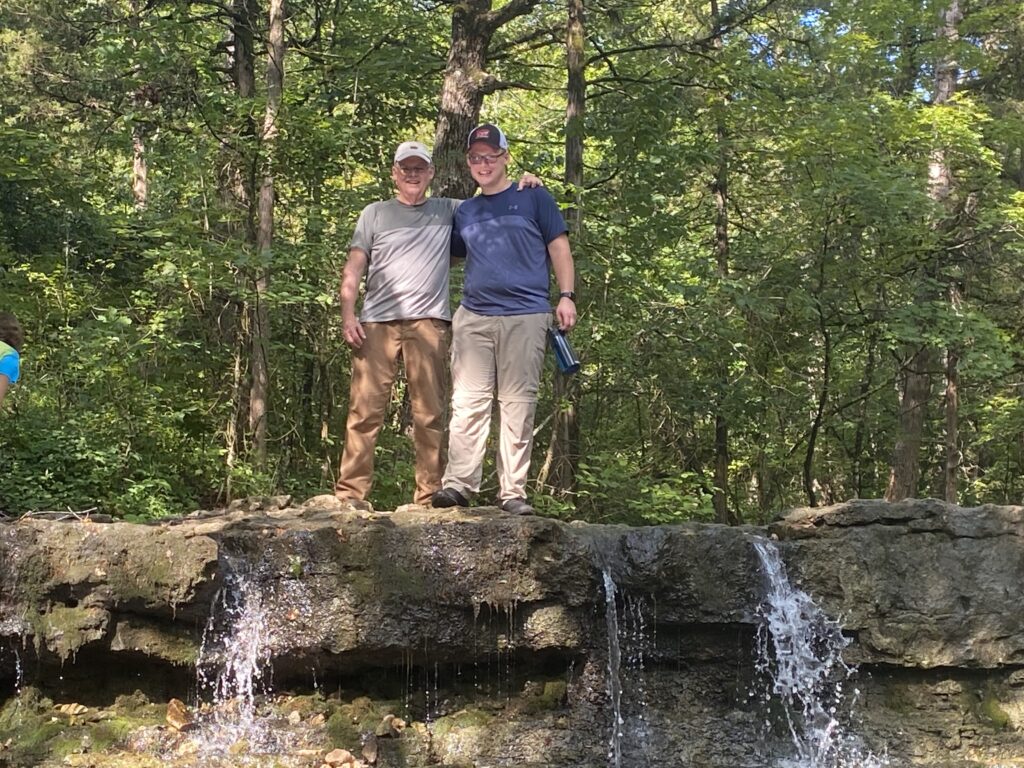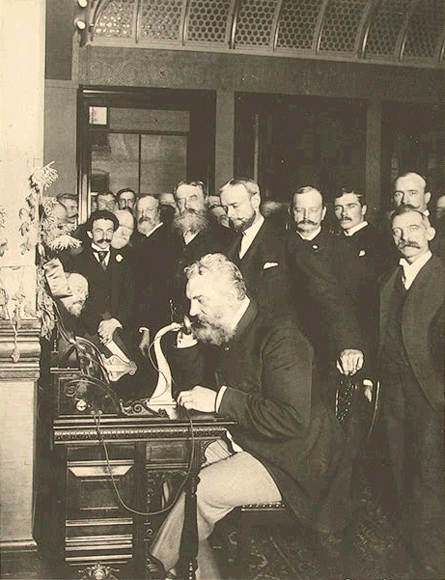Vacations are awesome! A chance to get away, rest, and spend quality time with loved ones.

Last week I went on a family vacation. It was great, last-minute, but great! We did quite a bit of hiking, played games in the pool, and did a little shopping. Though this doesn’t sound like a lot, once you factor in meals, conversation, and a coffee run… or two it’s a full schedule.
On vacation, you’re out of your usual environment so most of your routine is gone. But that doesn’t mean your devotional habits have to suffer while on vacation.
Below are 5 tips that help me when I am trying to maintain my devotional life on vacation.
1. Pick Your Time
For Devotional habits to be maintained on vacation you have to decide when you’re going to do them. This is VERY basic but that’s how this stuff works.
On this most recent trip, my nieces decided that the apartment I was staying in was going to be where they’d hang out. I enjoyed this a lot. But it meant some very cute 6 and 8-year-old distractions would be coming over as soon as they knew I was up. I needed to plan my time accordingly.
I try to give myself at least 20 minutes of focused time. Sometimes this works and sometimes it doesn’t, but if I don’t try nothing happens.
2. Pick Your Place
Choosing a place for devotional habits is something that has helped me for years. In the new environments of vacation lodging, this can be challenging as well.
The first couple of days on this trip I went for a walk in the morning for my prayer time. The new sites and sounds held a few distractions, but for the most part, I was able to focus. Then I would read my bible in the apartment where my stuff was set up.
Walking may not help you, but maybe there’s a balcony where you can hide for a few minutes, or if things get crazy you could try going to a coffee shop, anywhere that you can be consistent and that is accessible. I’ve known some who get up early and hide in a bathroom for their devotional habits. This wouldn’t be ideal for me but it worked for them.
3. Set Up for It
When you get to where you’re staying get out your Bible, Prayer Notebook, Journal, devotional book, or whatever you need. Make it visible. This visual reminder can help you keep up with your devotional habits.
I like to have a place to keep my Bible (I usually bring a hardcopy with me on vacation), journal, and prayer notebook where I can get to them easily in the morning. This also helps me to not lose them somewhere else.
4. Go To Church
Being in church is one of the best things you can do for your devotional life. On vacation, this can sometimes fall through the cracks, but let me encourage you to make it part of your plan.
There are many reasons to attend church even on the road. We, as believers, need fellowship with other Christians. We need to be challenged from God’s Word even when we can’t be part of the meeting of our local church. It is such a joy to meet like-minded brothers and sisters in other parts of the country.
Going to a different church can feel uncomfortable. You’re not with your church family, you can’t sit in your seat, the pastor may preach differently.
I’ve had some strange experiences visiting churches on vacation. When I was a teenager we went to a church for a Sunday evening service. My family and I arrived a little early and walked up to the front doors. They were unlocked. Assuming that someone was inside we went in to find that the building was empty. After about 20 minutes of us sitting in an empty church building, people started to show up. They had a service and then left, just about as quickly as they came.
This was a strange one, but most of my church visiting experiences have been much better.
This last week most of my family was able to attend a prayer meeting with a small but great church not far from where we were staying. It was a blessing to sing with these brothers and sisters and to share in their prayer time. We were encouraged to hear the Word of God preached with boldness and clarity.
5. Give Yourself Grace
Give yourself some grace. Not everything will be like it is at home. Leave yourself some room. Remember these habits are about walking with God not keeping up with a checklist.
While I was on vacation my scripture memory plan just didn’t happen. I didn’t choose to stop, it just didn’t happen. But I can get back into it now that I’m home.
One day while I was gone, my schedule went crazy and I ended up reading my bible on my phone away from my journal. I texted myself my journaling thought for the day. I don’t like having my quiet time that way that’s how things worked that day.
When things go different than you had planned remember to put God first, not your habits. Give yourself some grace.
Your Turn
How have you maintained your devotional life while on vacation?
What are some struggles you’ve had in this? (There may be others in the comments who can give help from their experience.)
Are you on vacation? About to go on vacation? Put some of these tips to use and let me know how it goes.
Share this post with anyone you know who is headed out on vacation this summer.

